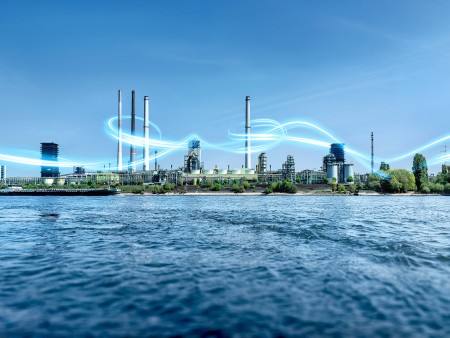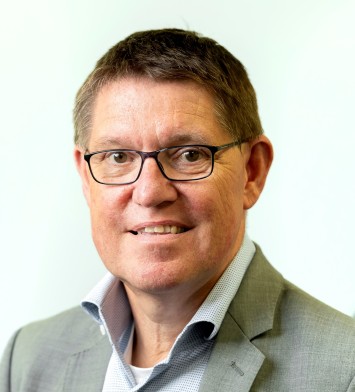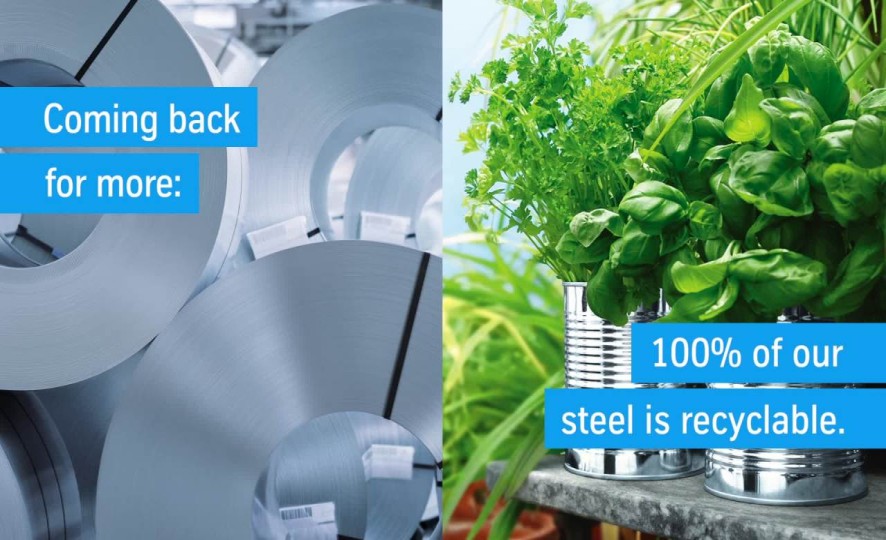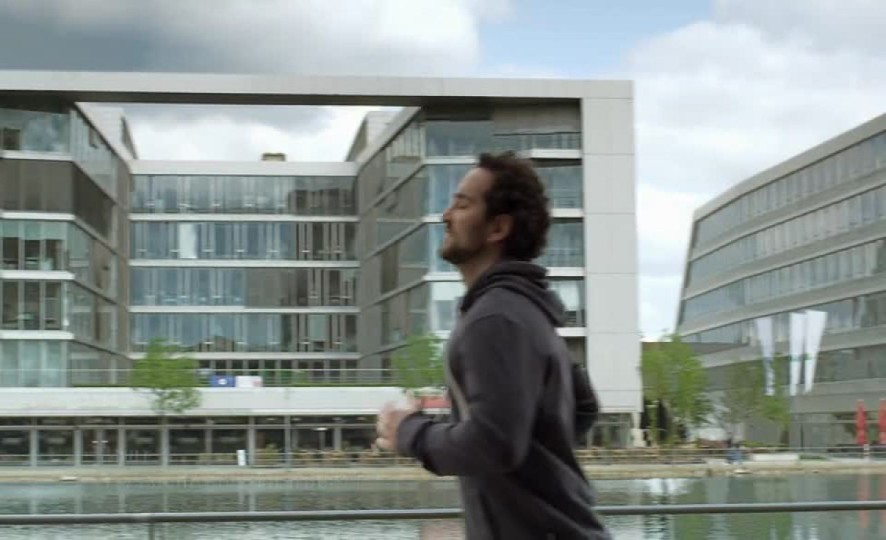Environmental protection
The steel business of thyssenkrupp has defined environmental protection as a corporate goal and specified this in guidelines. A wide range of environmentally sound products and extensive know-how in the use of environmentally sound materials also make the steel business an innovative partner for environmental technologies.
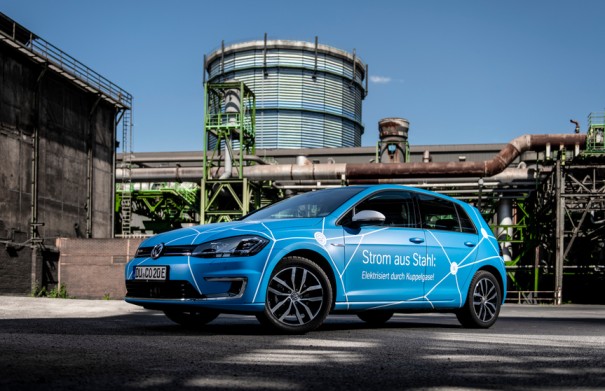
With the pilot project Electromobility:
We are focusing on environmentally friendly mobility of the future and have purchased the first electric company car with charging station - further investments will follow. For example, the Team Environmental and Climate Protection at thyssenkrupp Steel is currently gathering important experience with the long-term goal of completely converting the company's vehicle fleet from internal combustion engines to electric vehicles. The brand-new E-Golf in brand.blue bears the slogan "Electricity from Steel" and can be used by the Team as a pool vehicle for business trips. It is stationed on the Duisburg premises and its charging station is also located there. The special thing about it is that it sustainably charges the electric car with electricity, namely with energy that is generated in our in-house power plants from by-product gases of our plants. So the electricity is “made on the premises”.
Water pollution control
The steel business of thyssenkrupp is committed to the protection of water resources and the economic use of this natural resource.
For the production of steel, large quantities of water of varying quality are required in different manufacturing steps. The steel business of thyssenkrupp requires around 1 billion m³ of water – but only 3% of this is obtained as fresh water. At all of our locations we operate water recirculation systems in which the water is used up to 40 times before it is either evaporated or discharged as treated wastewater.
In addition to the protection of water resources, the minimization of wastewater quantities and the safe removal of wastewater, the careful handling of substances which are hazardous to water in our plants is of great importance. In addition to major expenditure for protective devices on the plants, such as secondary containment or double-walled plant sections, the intensive training of all employees who handle substances which are hazardous to water plays a key role. All maintenance departments of thyssenkrupp Steel Europe AG are specialist departments according to Paragraph 62 of the German Water Resources Act. Furthermore, the steel business of thyssenkrupp is a member of the Monitoring Community, named "Fachbetriebsgemeinschaft Maschinenbau e.V. (FGMA)".
Recycling management
Important targets of the recycling management system at the steel business of thyssenkrupp are the prevention of waste or its recovery by means of an optimized material flow management system. For example, around 97% of the blast furnace slags produced that form a byproduct of hot metal production is processed directly into so-called blast furnace sand. Blast furnace sand is an important raw material for the production of cement. Through its use it is possible to protect natural resources such as limestone and avoid CO2 emissions compared to natural resources used as raw materials – as well as saving energy. Blast furnace and steelworks slags are also specifically produced as building materials, for example for road beds or embankments along rivers and lakes, or are used as highly sought-after fertilizers.
Iron-bearing dusts and sludges, such as those that arise during emission control and water treatment, are directly processed at the steel business of thyssenkrupp back into pig iron and slag. For this purpose, the company has developed the Oxy cup process, in which agglomerate bricks are initially created from the ferruginous dusts and sludges, which are then melted down in a shaft furnace to form pig iron and slag. This results not only in a higher recycling rate for iron, but also a reduction in CO2 emissions by around 200,000 tons per year. Furthermore, raw materials are saved and valuable landfill space is protected.
Air pollution control and noise protection
Air pollution control and noise protection are among the key tasks of environmental protection at the steel business of thyssenkrupp, as they have direct positive impacts on the neighborhood of the production facilities.
The high demands placed on air quality make elaborate emission control a necessity. We have therefore equipped our plants with dust removal equipment which sets technical standards worldwide. Nevertheless, the limit values of the EU Air Quality Directive present special challenges for the dust extraction technology. Due to the proximity of the production facilities to the residential neighborhood, special measures for emission reduction have to be taken. In a package of measures, the steel business of thyssenkrupp has voluntarily implemented a series of steps in order to further reduce the emissions of fine dust.
With a modern emission monitoring system, the steel business of thyssenkrupp provides transparency. The result of this is that at our German locations, the efficiency of the most important equipment for air pollution control is continually monitored. The data from these sources of emissions are evaluated online by a central computer and sent directly to the corresponding state supervisory authority.
In order to improve the noise situation, all new operating facilities are designed to be particularly noise-reducing. Furthermore, in many zones in the plant in Duisburg, noise protection barriers or walls have been set up.
Soil protection
The steel business of thyssenkrupp ensures the protection of the soil by a variety of measures. These aspects are incorporated at an early stage in the planning of new production facilities. During the construction and operation of plants, as well as shutdowns, soil protection plays an important role. Modern plant engineering minimizes contamination of the soil. Employee trainings provide instruction on how to carefully handle substances that might lead to soil contamination. A further aspect is the close integration of prevention and control with the protection of surface waters and emmissions.
Around 25 percent of the land owned at the Duisburg site of thyssenkrupp Steel Europe AG is open or vegetation areas which are created and maintained under environmental aspects. Greened ramparts are used to protect against emmissions and noise. At the same time, the surroundings are visually enhanced. Disused landfill sites or completed sections of landfill sites which are in operation are continually rehabilitated to green landscapes.
